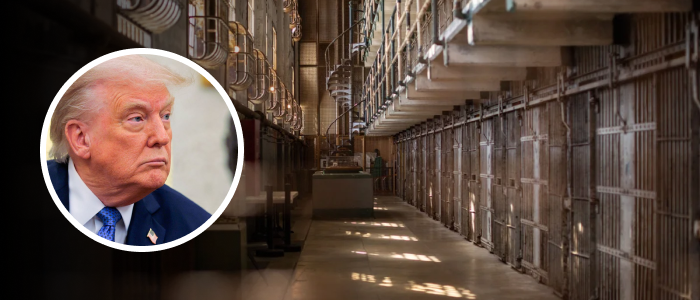PEACE BY PEACE As the world mourns the passing of Pope Francis, the Filipino people remember and celebrate his teachings, which highlighted the importance of peace, dialogue, and mutual understanding. If there is one religious leader who has made a profound and long-lasting impact on peacebuilding efforts across the globe, it would be the late pontiff who underscored the urgency of ending all wars and bringing a “just and lasting peace” for all. This was his clarion call for nations — especially those in the midst of armed conflict — to break down the walls of anger, fear, and mistrust, and replace them with bridges of kindness, empathy, and forgiveness.
This is the message that Pope Francis brought with him when he came to the Philippines in 2015, only a year after the Comprehensive Agreement on the Bangsamoro was signed by the Philippine government and the Moro Islamic Liberation Front. His visit marked a major turning point in the Bangsamoro peace process. He emphasized not only the need for mercy and compassion, but also of justice, inclusion, and healing -- the core values which underpin the landmark peace deal.

He expressed hope that “progress made in bringing peace to the south of the country will result in just solutions in accord with the nation’s founding principles and respectful of the inalienable rights of all, including the indigenous peoples and religious minorities.” The Pope’s words became a source of strength and inspiration for the government and Moro leaders as we pushed forward and built on the gains of the peace process in the Bangsamoro over the years. Pope Francis has had such a significant impact on the Philippine government’s peace policy agenda, paving the way for members of these revolutionary organizations to lay down their arms, return to the folds of the law, and walk the path of peace.
The Pope has emphasized the common good and selflessness, through a quote attributed to him: “Rivers do not drink their own water; trees do not eat their own fruit; the sun does not shine on itself and flowers do not spread their fragrance for themselves. Living for others is a rule of nature. We are all born to help each other.
No matter how difficult it is, life is good when you are happy, but much better when others are happy because of you.” The Pope’s contribution to the Philippine peace process came not only from his visit but also through his steadfast efforts to advance the principles of human fraternity, which cut across religious and cultural barriers. To recall, it was in 2019 when Pope Francis and the Grand Imam of Al-Azhar, Ahmad Al-Tayyeb, signed the “Document on Human Fraternity for World Peace and Living Together” in Abu Dhabi.
The historic declaration was a watershed moment for the international religious community, as it called on leaders of all faiths to come together and uphold the values of mutual understanding and interreligious dialogue, as well as reject all forms of violence. This message has deeply resonated among the people of Mindanao. The Philippine government, through the Office of the Presidential Adviser on Peace, Reconciliation and Unity (OPAPRU), used the Document on Human Fraternity as an instrument to bridge the gap between Mindanao’s different faiths.
In 2021, the OPAPRU and Ateneo de Davao University partnered to promote the Human Fraternity across all sectors. Among the salient points is the institutionalization of the document in the government’s national peace agenda. The Human Fraternity has been instrumental in the revival of major interfaith organizations such as the Bishops-Ulama Forum, which now calls itself the Mindanao Religious Leaders Conference.
The group reaffirmed their unwavering commitment to peace that is “guided by the values of love, justice, harmony, respect, integrity, unity, reconciliation, spirituality, and humanity.” The OPAPRU has anchored its peacebuilding initiatives on the key principles of the Human Fraternity document such as the Social Healing and Peacebuilding (SHAPE) Program, which aims to promote social healing, dialogue and mutual understanding. SHAPE works closely with line agencies, local government units, civil society, academe and the security sector to help victims of armed conflict – particularly women, children and internally displaced persons – recover from the trauma and rebuild their lives.
The OPAPRU is also working hand in hand with members of the academic community as part of its efforts to integrate peace education across all levels of the nation’s educational curriculum. We envision the day when the culture of peace will be discussed in classrooms across the country, where key sectors of society will be jointly carrying out peacebuilding projects, and where individuals of different faiths will regularly converge under the banner of solidarity. We are sure that Pope Francis is now smiling from the heavens, as he sees how Filipinos have taken his lessons to heart, and are now practicing them in order to achieve a just and long-lasting peace in the country and beyond.
Rest in peace, Pope Francis. Your legacy of peace will live in our hearts and minds forever. (Secretary Carlito G.
Galvez, Jr., is the presidential adviser on peace, reconciliation and unity.).
Politics

Pope Francis’ legacy of peace

As the world mourns the passing of Pope Francis, the Filipino people remember and celebrate his teachings, which highlighted the importance of peace, dialogue, and mutual understanding.















